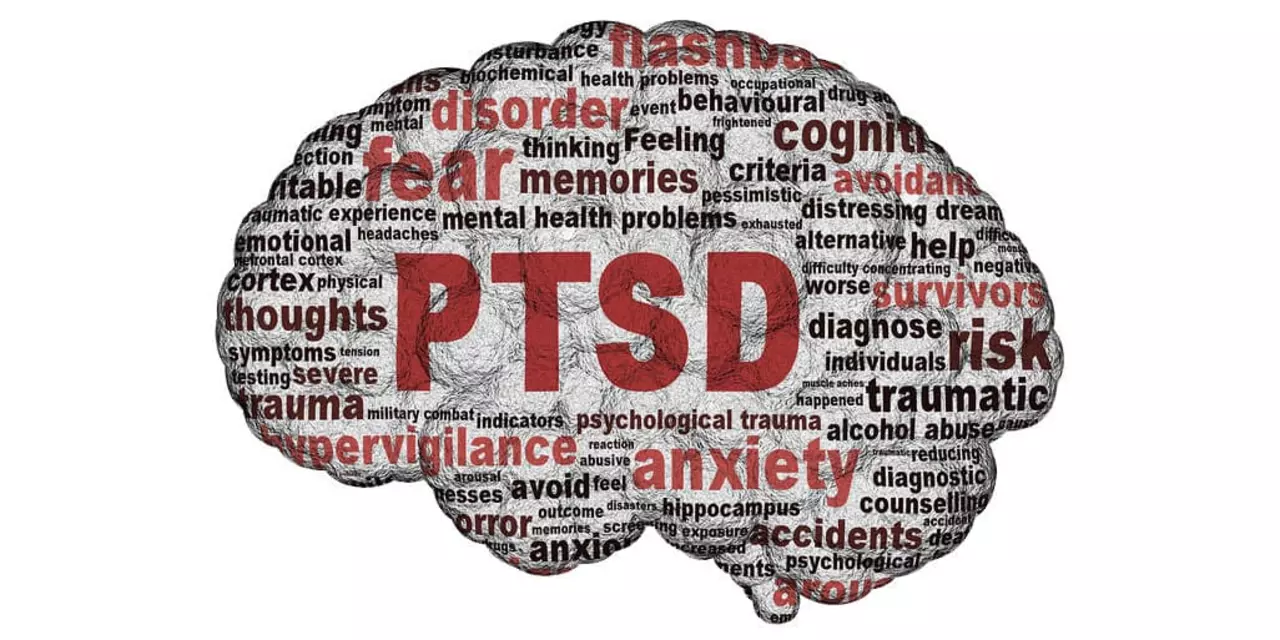Anxiety Disorders — What You Need Right Now
Feeling tense, restless, or on edge more days than not? Anxiety disorders are common and treatable. This page collects clear guides on symptoms, proven treatments, medication profiles like Celexa (citalopram), and practical safety tips for buying medications online.
Quick signs and first steps
Worried your normal stress has crossed a line? Look for repeated worries that interfere with work, sleep, or relationships, sudden panic attacks, or constant muscle tension. If you notice these for weeks, talk to a primary care doctor or a mental health professional. Immediate steps you can try today: slow diaphragmatic breathing for two minutes, a 5–10 minute walk, and grounding (name five things you see, four you can touch). These reduce symptoms short-term while you arrange care.
Common treatments and safety tips
Therapy, medication, and lifestyle all work together. Cognitive Behavioral Therapy (CBT) is the go-to talk therapy for most anxiety disorders. It teaches practical skills to challenge anxious thoughts and change behavior.
Medications often used include SSRIs (like Celexa/citalopram), SNRIs, short-term benzodiazepines for acute panic, and beta-blockers such as propranolol for performance-related anxiety. Each option has trade-offs: SSRIs take weeks to work but help long-term; benzodiazepines act fast but risk dependence; beta-blockers reduce physical symptoms like shaking and racing heart.
If you’re reading about drugs, start with the Celexa guide on this site to understand doses, side effects, and what to expect when starting an SSRI. If you’re shopping for meds online, read the online pharmacy review first. Verify a pharmacy’s credentials, check customer reviews, and never ignore the need for a prescription when required.
Supplements and herbal products pop up as quick fixes. Some people find mild benefit from magnesium, L-theanine, or CBD, but evidence varies and interactions with prescriptions are real. Talk to your prescriber before mixing any supplement with medication.
Practical daily habits that help: move your body 30 minutes most days, keep a sleep schedule, limit caffeine late in the day, and practice short breathing or mindfulness sessions. Small, regular changes add up faster than big, occasional efforts.
When to seek urgent help: if anxiety causes thoughts of self-harm, severe panic with chest pain or fainting, or you can’t care for yourself. Call emergency services or a crisis line right away.
Explore the linked posts on this tag for detailed drug guides, alternatives, and safety checks. Use those articles to ask better questions of your clinician, and to weigh choices that fit your life—not just headlines. If you want, I can point you to the best posts here based on whether you need therapy tips, medication info, or safe online pharmacy advice.

 May, 6 2023
May, 6 2023